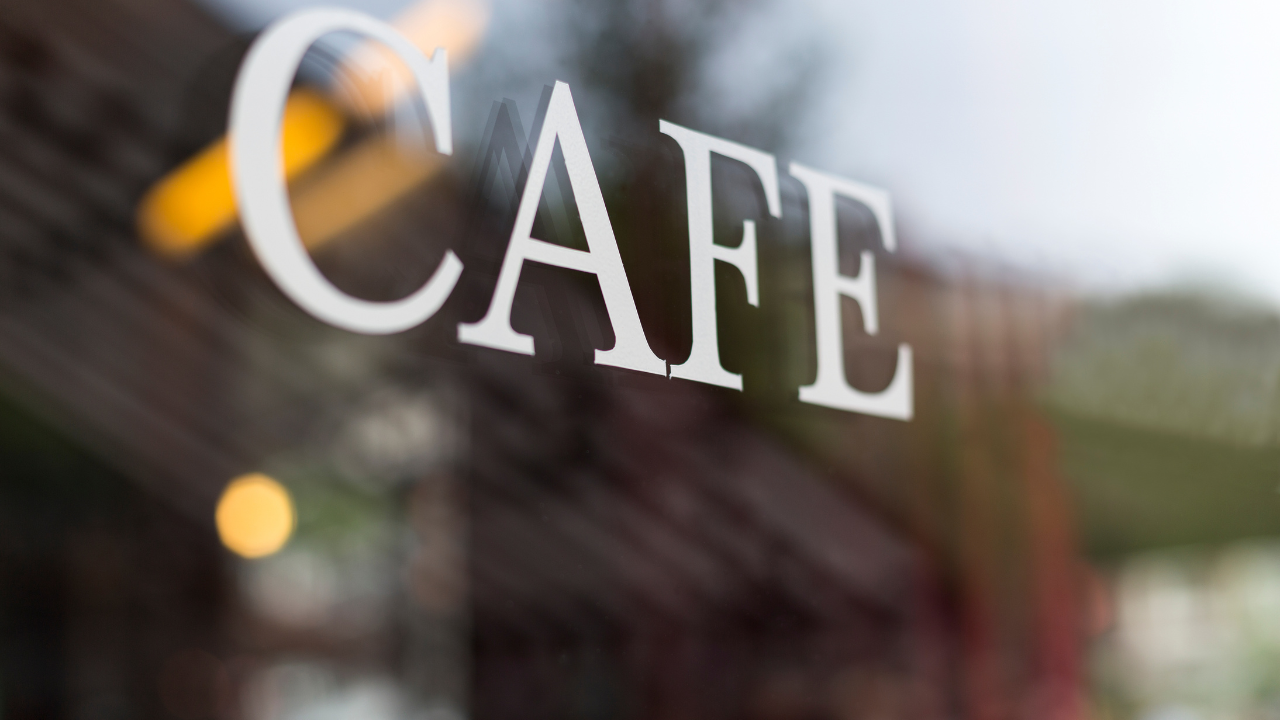
How to Speak on the Phone in French: Essential Phrases & Tips
Feb 23, 2025Speaking on the phone in a foreign language can be tricky—you don’t have facial expressions or gestures to help you, and sometimes, the sound quality isn’t great. If you're learning French, talking on the phone might feel even more intimidating because of the fast speech and specific expressions used.
But don’t worry! 😊 In this guide, you'll learn how to confidently make and answer phone calls in French, with useful phrases and tips to handle different situations like a pro.
📲 1. Answering the Phone Like a Native
When answering a call in French, people usually don’t say “Allô” in every situation—that’s more common for informal or unknown calls.
Common ways to answer the phone
📌 "Allô ?" – Hello? (Used mostly for informal or unknown numbers)
📌 "Oui, bonjour ?" – Yes, hello? (More natural in formal settings)
📌 "Entreprise Dupont, bonjour." – Dupont Company, hello. (For work calls)
📌 "Oui, je vous écoute." – Yes, I’m listening. (Very professional)
👉 Example:
📞 Caller: "Allô, je parle bien à Monsieur Dupont ?"*
📞 You: "Oui, bonjour, c’est lui-même."*
(Yes, hello, that’s me.)
📞 2. Introducing Yourself on the Phone
If you’re the one making the call, always introduce yourself right away.
How to introduce yourself
📌 "Bonjour, c’est [Votre Nom]." – Hello, this is [Your Name].
📌 "Bonjour, je m’appelle [Nom] et je vous appelle au sujet de…" – Hello, my name is [Name] and I’m calling about…
📌 "Bonjour, pourrais-je parler à [Nom] ?" – Hello, may I speak with [Name]?
👉 Example:
📞 You: "Bonjour, c’est Marie Dupont. Je vous appelle pour confirmer notre rendez-vous de demain."*
(Hello, this is Marie Dupont. I’m calling to confirm our appointment for tomorrow.)
📋 3. Asking for Someone on the Phone
If you need to speak to a specific person, here’s how to ask politely:
📌 "Pourrais-je parler à [Nom], s’il vous plaît ?" – May I speak with [Name], please?
📌 "Est-ce que [Nom] est disponible ?" – Is [Name] available?
📌 "Puis-je parler à la personne en charge de [Sujet] ?" – Can I speak with the person in charge of [Topic]?
👉 Example:
📞 "Bonjour, pourrais-je parler à Monsieur Lefèvre, s’il vous plaît ?"*
(Hello, may I speak with Mr. Lefèvre, please?)
🔄 4. Asking Someone to Wait (or Being Put on Hold)
Sometimes, you may need to ask someone to wait or be put on hold. Here’s how to handle it politely:
📌 "Un instant, s’il vous plaît." – One moment, please.
📌 "Ne quittez pas, je vous le passe." – Don’t hang up, I’ll transfer you.
📌 "Restez en ligne, je vais voir si elle est disponible." – Stay on the line, I’ll check if she’s available.
👉 Example:
📞 You: "Bonjour, puis-je parler à Madame Moreau ?"*
📞 Receptionist: "Ne quittez pas, je vous la passe."*
(Don’t hang up, I’ll transfer you.)
❌ 5. Saying the Person Isn’t Available
If someone is not available, here’s how to inform the caller politely:
📌 "Je suis désolé(e), mais il/elle n’est pas disponible en ce moment." – I’m sorry, but he/she is not available right now.
📌 "Il/elle est en réunion pour l’instant." – He/she is in a meeting at the moment.
📌 "Voulez-vous laisser un message ?" – Would you like to leave a message?
👉 Example:
📞 You: "Puis-je parler à Monsieur Martin ?"*
📞 Secretary: "Je suis désolée, il est en réunion. Voulez-vous laisser un message ?"*
(I’m sorry, he’s in a meeting. Would you like to leave a message?)
📆 6. Making Appointments or Reservations
Whether it’s a doctor’s appointment or a restaurant booking, here’s how to handle it smoothly:
📌 "Je voudrais prendre rendez-vous avec [Nom]." – I’d like to make an appointment with [Name].
📌 "Serait-il possible de réserver une table pour deux à 19h ?" – Would it be possible to book a table for two at 7 PM?
📌 "Quel jour et quelle heure vous conviendraient ?" – What day and time would suit you?
👉 Example:
📞 You: "Bonjour, je voudrais prendre rendez-vous avec le docteur Dupont, s’il vous plaît."*
(Hello, I’d like to make an appointment with Dr. Dupont, please.)
🔊 7. Asking Someone to Repeat
If the person on the other end is speaking too fast or the line is bad, don’t panic! Just ask them to repeat politely:
📌 "Pardon, pourriez-vous répéter ?" – Sorry, could you repeat?
📌 "Je n’ai pas bien compris, pouvez-vous parler plus lentement ?" – I didn’t understand well, can you speak more slowly?
📌 "Il y a des interférences, je vous entends mal." – There’s interference, I can’t hear you well.
👉 Example:
📞 "Je suis désolé, la ligne est mauvaise. Pouvez-vous répéter, s’il vous plaît ?"*
(I’m sorry, the line is bad. Could you repeat, please?)
📴 8. Ending the Call Politely
Finally, ending the call properly is just as important! Here are some polite ways to close the conversation:
📌 "Merci beaucoup pour votre aide !" – Thank you very much for your help!
📌 "Je vous remercie, bonne journée !" – Thank you, have a good day!
📌 "À bientôt !" – Talk to you soon!
👉 Example:
📞 You: "Merci beaucoup pour les informations. Bonne journée !"*
📞 Them: "Avec plaisir, bonne journée à vous aussi !"*
(My pleasure, have a great day too!)
🚀 Final Thoughts: Mastering Phone Calls in French
Speaking on the phone in French might seem challenging at first, but with these key phrases and a little practice, you’ll be confident and natural in no time! 🎉
💡 Quick tip: If you're nervous, try writing down key phrases before making a call—it helps a lot!
Ready to go from A1 to B2 level in just 120 days? Join my French course and master the language with ease, confidence, and fun! 🚀









